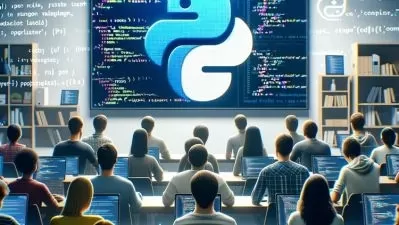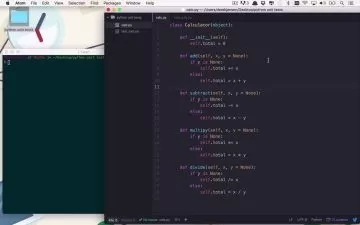Core Python 3: Implementing Iterators, Iterables, and Collections
Austin Bingham
2:15:02
Description
Iterators, Iterables and Collections are central to how Python works. In this course, you'll move beyond the built-in and standard library collections, and learn how to build your own iterators, iterables and collections from the ground up.
What You'll Learn?
Collections in Python are organized according to a scheme of protocols such as Container, Iterable, and Sequence. In this course, Core Python 3: Implementing Iterators, Iterables, and Collections, you'll understand how the built-in collections are situated in this scheme. First, you'll discover how collections support different protocols and how those protocols work together to produce powerful, and yet easy-to-use collections.
Next, you’ll learn how to design and code new iterators for existing collections, and for whole new collections that meet your specific needs, by following a process of test-driven development. Finally, you'll learn how to optimize collections for performance, so new collections can be both correct, and fast.
When you’re finished with this course, you’ll gain a deeper insight into how Python works beneath the surface.
More details
User Reviews
Rating
Austin Bingham
Instructor's Courses
Pluralsight
View courses Pluralsight- language english
- Training sessions 35
- duration 2:15:02
- level average
- English subtitles has
- Release Date 2023/03/30










